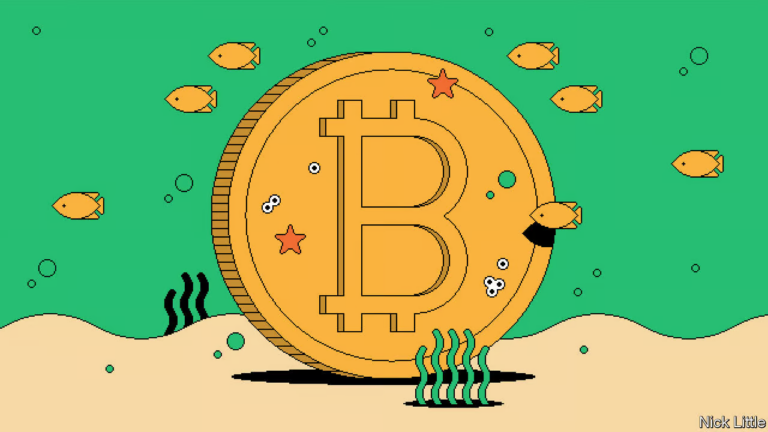In the ever-evolving landscape of finance, the integration of cryptocurrency has emerged as a transformative force, challenging traditional paradigms and reshaping the way we perceive and engage with money. The intersection of cryptocurrency and finance is a dynamic space where innovation, decentralization, and financial inclusion converge.
1. Decentralization and Financial Sovereignty: Cryptocurrencies, epitomized by the pioneering Bitcoin, introduced the concept of decentralization. Unlike traditional financial systems governed by central authorities, cryptocurrencies operate on decentralized blockchain networks. This decentralization empowers individuals by providing direct control over their assets, reducing reliance on intermediaries, and fostering financial sovereignty.
2. Inclusive Access to Financial Services: Cryptocurrencies play a pivotal role in promoting financial inclusion. With traditional banking services often inaccessible to a significant portion of the global population, cryptocurrencies offer an alternative. Users can participate in the financial ecosystem, conduct transactions, and access services with just an internet connection, irrespective of their geographical location or socio-economic status.
3. Disrupting Traditional Payment Systems: The rise of cryptocurrencies has ushered in a new era of payment systems, challenging traditional methods. Cryptocurrencies enable borderless and near-instantaneous transactions, reducing the friction associated with cross-border payments. The decentralized nature of these transactions also contributes to enhanced security and transparency.
4. Decentralized Finance (DeFi): Decentralized Finance, or DeFi, represents a groundbreaking evolution within the crypto and finance intersection. DeFi platforms leverage blockchain technology to recreate traditional financial services such as lending, borrowing, and trading in a decentralized manner. This not only reduces reliance on traditional intermediaries like banks but also provides users with more direct control and ownership of their financial activities.
5. Smart Contracts and Automation: Cryptocurrencies built on platforms like Ethereum have introduced smart contracts, self-executing contracts with the terms directly written into code. Smart contracts automate and enforce the execution of contractual agreements, eliminating the need for intermediaries. This innovation streamlines processes, reduces costs, and enhances the efficiency of financial transactions.

6. Tokenization of Assets: Blockchain technology enables the tokenization of real-world assets, transforming them into digital tokens. This process allows for fractional ownership, increased liquidity, and easier transferability of assets. Real estate, art, and even stocks can be represented as tokens, democratizing access to a broader range of investment opportunities.
7. Regulatory Considerations: The integration of cryptocurrency into the financial landscape has prompted regulatory scrutiny. Governments and regulatory bodies worldwide are navigating the development of frameworks to ensure consumer protection, prevent illicit activities, and foster a balance between innovation and risk mitigation.
8. Future Trajectory: As cryptocurrency and finance continue to intersect, the future holds promising developments. Ongoing advancements in blockchain technology, the maturation of decentralized finance, and increased collaboration between traditional financial institutions and the crypto space are anticipated. The trajectory will be shaped by technological innovation, regulatory landscapes, and the evolving needs of a globalized digital economy.
In conclusion, the intersection of cryptocurrency and finance represents a paradigm shift, introducing novel concepts that challenge traditional financial models. As this dynamic relationship unfolds, it offers both opportunities and challenges, paving the way for a more inclusive, efficient, and decentralized financial ecosystem.








+ There are no comments
Add yours